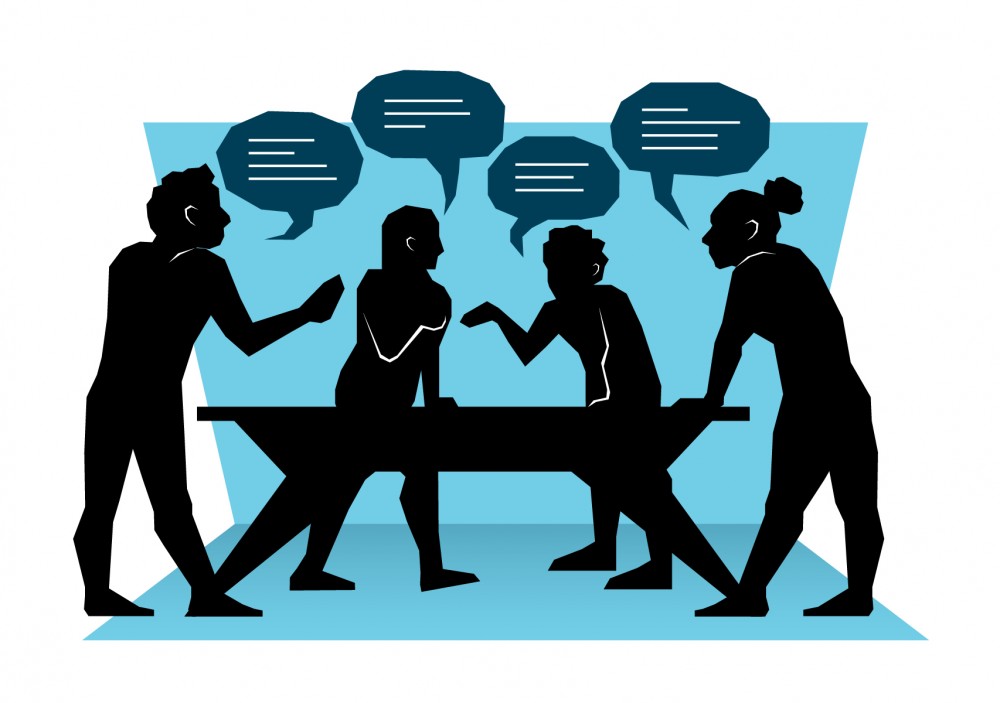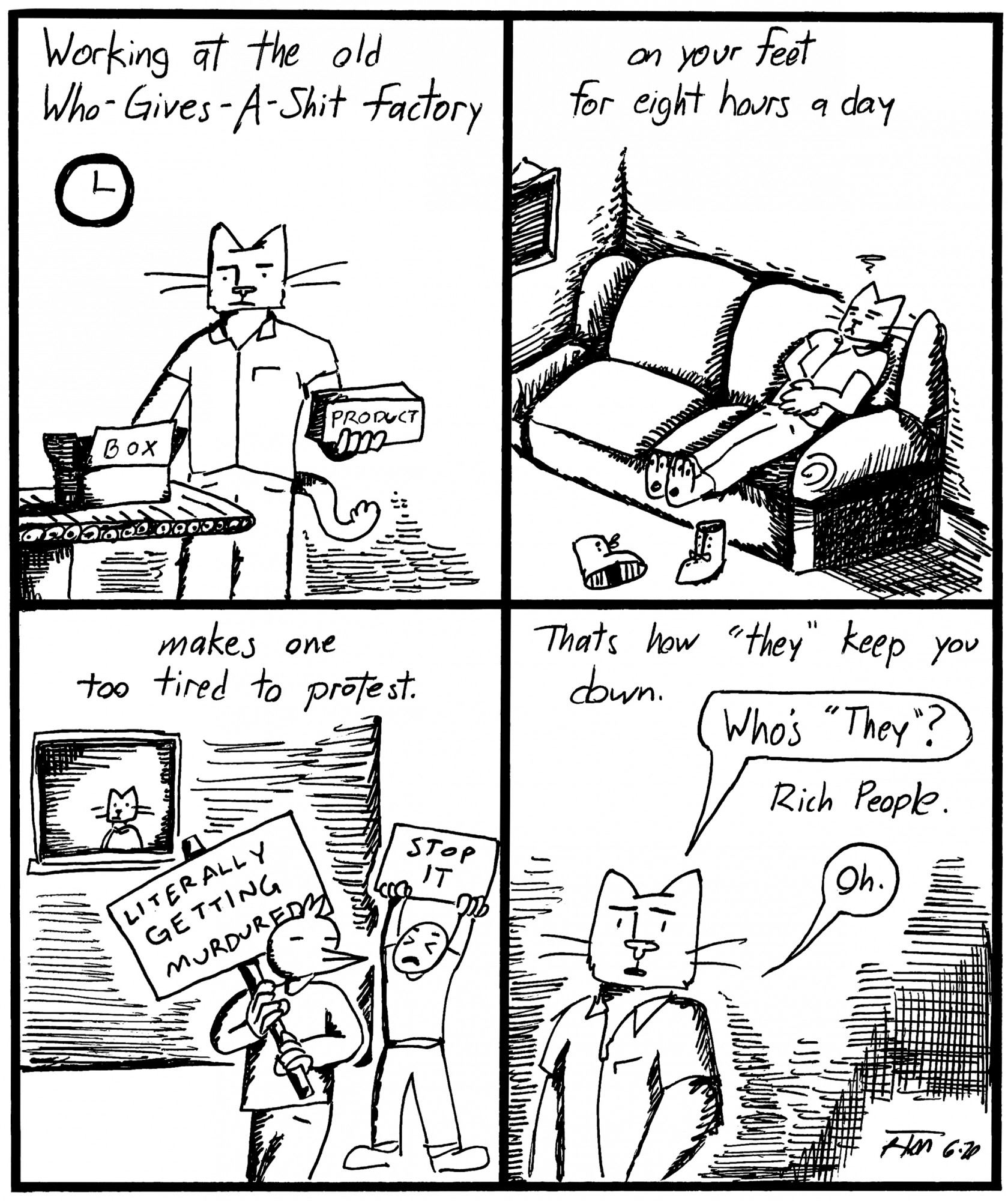Roxane Gay, well-known author of books like Bad Feminist and Hunger, recently tweeted about her trip to Asia. If it seems completely innocuous, it is. Gay only tweeted about her delight at how clean the Tokyo airport was.
That didn’t stop people from replying to the tweet with petty commentary about who was keeping the airport clean for her. Gay tweeted back, “What, exactly, is the point of your comment? And do you mention this to everyone who mentions a place is clean?”
That same day, Gay tweeted about being in Singapore, and got even more reactionary comments, as she responded with “It’s fascinating how everyone wants to tell me about Singapore as if America isn’t also a brutal place with a militarized police.”
These lines of criticism aren’t just fruitless but they won’t result in anything. They’re unnecessary and extreme. Who cares if Roxane Gay is having a nice time in Asia? What’s the point in trying to make her feel like she shouldn’t enjoy herself?
Gay is not the only person who receives this kind of petty criticism, but she’s someone who calls it out when she sees it. These comments don’t add anything to a conversation about social justice. Roxane Gay, as a writer, has actually fostered a great deal of real, fruitful dialogue about inclusiveness and intersectionality.
Would a straight white male writer be given the same treatment if he dared to enjoy himself? Or is that treatment reserved for queer black women? Beyond that, these petty comments are almost always aimed at people who try to do actual, substantive work for marginalized identities. The people who don’t try are hardly ever held to any standard whatsoever.
These critics are just trying to pull a gotcha! moment and make public figures who actually care about social justice out to be hypocrites. Thinking about every single person all the time is an impossible standard, and insisting that someone does won’t actually further any particular cause. It’s just an ego boost for the critic to make them feel superior.
It’s impossible to consider every possible angle every time you speak. That’s unnecessary. Sometimes, like in the case of the Tokyo airport cleanliness, criticism doesn’t matter in the slightest and helps no one.
As Gay tweeted after criticisms about an article she wrote, “My work is not meant to be universal. My opinions don’t invalidate yours. And I don’t have to account for every reality in every piece. Inclusion and universality are not synonymous.”
Gay is right. Sometimes, things are meant to be specific, and not always about every single person. Even if you think they should be, that doesn’t require your needling commentary on social media.
A public figure should be able to enjoy a trip across the world without every moment of their enjoyment being nitpicked for a “problematic” aspect. Not every comment a person makes requires a victim.









